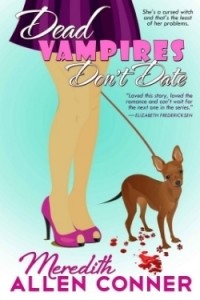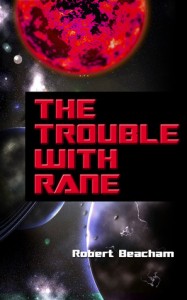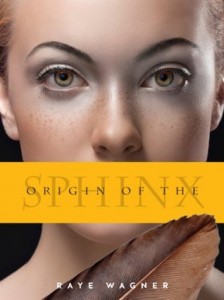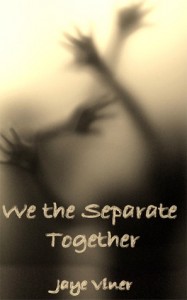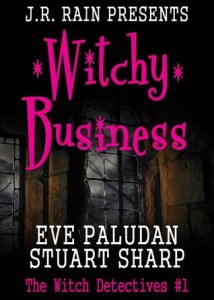 I grabbed Witchy Business from the Amazon KDP list. It’s written by Eve Paludan and Stuart Sharp and apparently presented by J.R. Rain. I’m not sure what to make of this ‘J.R. Rain presents…’ It reminds me of the old Masterpiece Theatre, “presented by PBS.” I don’t mean to make fun of it or anything. I mention it because I don’t know how to, or even if I need to, incorporate it into my review in any way. I don’t really know what it means. I’m guessing ‘edited by’ or ‘mentored by,’ but that’s just a guess.
I grabbed Witchy Business from the Amazon KDP list. It’s written by Eve Paludan and Stuart Sharp and apparently presented by J.R. Rain. I’m not sure what to make of this ‘J.R. Rain presents…’ It reminds me of the old Masterpiece Theatre, “presented by PBS.” I don’t mean to make fun of it or anything. I mention it because I don’t know how to, or even if I need to, incorporate it into my review in any way. I don’t really know what it means. I’m guessing ‘edited by’ or ‘mentored by,’ but that’s just a guess.
Description from Goodreads:
What would you do with unspeakable power?
Elle Chambers is Edinburgh’s hardest working insurance investigator, and one who solves cases using unconventional means. Supernatural means. Elle is a witch–and a damn good one, too.
Assigned back-to-back cases, Elle must first find a missing bad boy who might or might not be a werewolf. Next, a simple missing artwork case turns out to be not so simple. What Elle is about to discover will change her life forever…and open her heart to the possibility of love.
Review:
I thought this was an alright read, though it didn’t really do it for me. I don’t even really know why, but I finished with a bit of a ‘meh.’ I did enjoy the way the book played with the normal hero/romantic partner character. Often in PNR (I’m thinking Ward, Frost, etc. here), the hero is muscle-bound, leather-clad, beefcake, and the antagonist is the smooth-talking, well-dressed, and sophisticated. Both character types are present in this book, but the heroine’s choice of mates is unexpected. The effect of this was that I spent the whole book waiting for the reversal, the point when the good guy suddenly reveals his betrayal and the heroine runs into the arms of the unexpectedly compassionate, stoic man on the side. This never happened. It was a fun little twist and proof that sometimes it’s not a matter of what’s written but what isn’t that can add the most spice to a story.
But I also felt that the whole thing rolled along a little too smoothly. N. goes to great lengths to meet Elle, but we never discover how he even knew about her to begin with. We never learn when, why, or how exactly he fell so deeply in love with her unless it’s just a matter of ‘we’re the only two like us, so we should be together.’ That seems pretty weak to me. There is definitely some insta-love on Elle’s part, however. Then there is Rebecca and Everett, who can blithely acknowledge Elle’s burgeoning feelings and tell her to arrange to kill that person in the same conversation. Seems a little unrealistic to me. Could they really expect compliance? Elle solves the missing art case, seemingly without any clues, and in the end, manages to resume her life despite the coven’s long-standing policy of eradication against her kind. Yep, everything is resolved just a little too easily.
On a side note, I also didn’t find the book to match the description very well. The bad-boy werewolf is already found when the book starts and he’s an overwhelmed lawyer with mother issues, not a bad boy at all. For most of the book, Elle is a decidedly weak enchantress, not the damn good witch described. (In this particular story, there is a divide between witches and enchantresses, so it’s not the same thing.) And she isn’t assigned back-to-back cases. She is an insurance agent who solves cases with a little magical assistance, though, and she is on the case of a missing piece of art. Maybe these are small details, but still…
Despite the above points, it was an entertaining enough read for an evening. The writing seemed fairly smooth and I didn’t notice many, if any, editorial mishaps.
